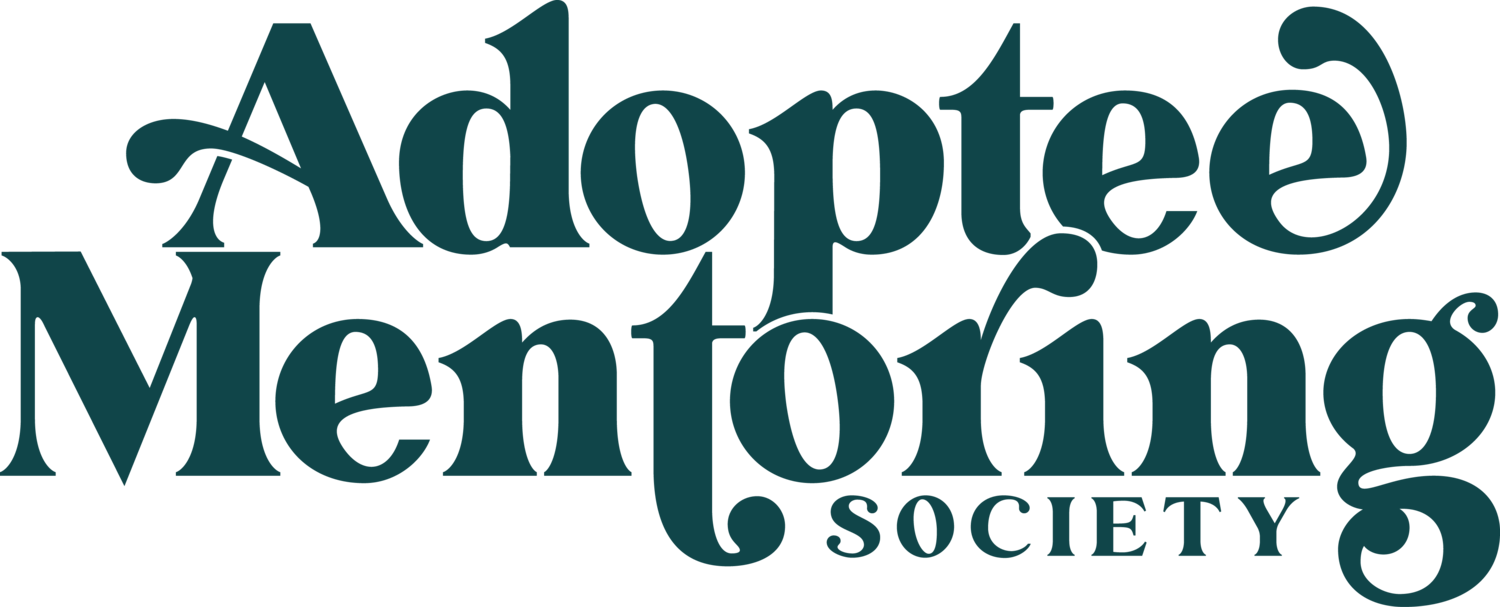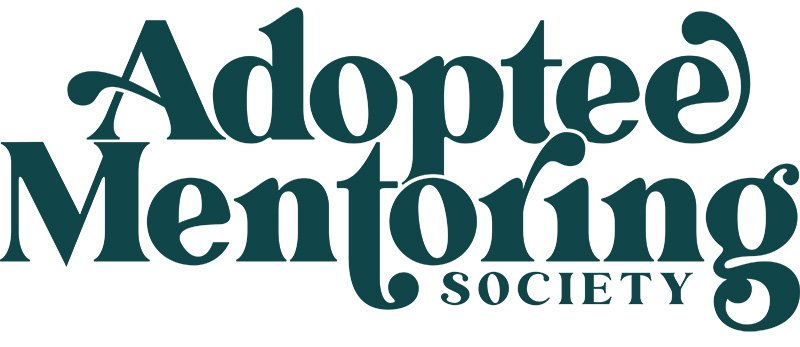Parallel Loss
Written by Anna Allanbrook
My adoptive father was a survivor of the Holocaust. At the age of 14, he and his big brother were sent by his family in Vienna to live with relatives in England, all in the name of safety.
Adjusting to life in London, my dad met my mom, married, and trained as a doctor. They
adopted me after prolonged difficulty conceiving–a familiar story–and just as familiar, my adoption seemed to unlock the fertility door enabling the birth of my three younger siblings. We moved to the United States where he practiced as a vascular surgeon.
Here I am in Manhattan with my birth brother on my father’s side. This was the day Anna met her biological brother (2022).
My father tried to put the war behind him, although in his eighties, he remarked, “I think it might have affected me.” This characteristic understatement was as close to emotionally revealing as he could possibly go. My father was an upright, well dressed, dignified and reserved man,
but underneath this demeanor, that abandoned, uprooted youth remained.
My father had no mentor, no one to talk to, no one who might have said to him, “I understand” or just plain, “Yes.” Perhaps he had no choice but to contain and shelve his loss, keeping it hidden. Despite the silence, his grief was visible.
As his children, we feared his firm exterior, never once recognizing it as a response to an early trauma. Who would my father have been if acknowledgement of what he had experienced had been spoken? Who would we have been if that had been allowed?
Today I think back to my father’s experience at the age of fourteen and label it “ambiguous loss.” He knew where his parents were. First, Vienna and then New York. In the late forties, he and my mom visited New York, just before his father died. And in the fifties, his mother joined our family and cousins for a summer stay in an English country house, again not too
long before her death.
Adoptee losses are ambiguous, too. I’ve heard some adoptees state that they are told to “move on,” or “get over it,” if they are interested in excavating their adoption story. Just as my father suffered a loss so great that it could not be named or talked about, so too have we adoptees experienced loss. For some of us, this loss happened so early in our lives that we might not even realize its impact.
Unlike my father, I didn’t know that I had lost my original family. I knew I was adopted, but as a younger person, I had no clue as to the significance of my first year of life and its impact on all the years that came later. I became (as many of us do) well behaved, people pleasing, hardworking, and dedicated to my job, my children and close friends.
Through childhood and those confusing teenage years, as well as into adulthood, my very being and actions were a response to that ambiguous loss that happened to me around the age of two months. I spent my first few weeks in a Mother and Baby Home, apparently breast fed and cared for until I wasn’t. I spent my next year or two with loving adoptive parents, but parents who were dealing with their own traumas and tragedies, all of this before I had words to express what I was experiencing. No one told me anything about my ambiguous loss. Instead, I was told a story of my rescue.
It has taken a lifetime of growth and change to bring me to the adoptee mentor role. Work as a teacher and later, an elementary school principal, life as a wife and mother, and later, a divorcee and grandma. Creativity via painting and writing. All of this has led me to a place where I can say in no uncertain terms; “It has affected me.”
Being adopted changed me.
Being adopted is a key aspect of my identity.
Being adopted is at my very core.
That is why I am a mentor. I can think of nothing more important than working with others to delve into their adoption stories. I love talking with and listening to fellow adoptees. None of our stories are the same, but something about our past connects us.
I think it goes back to that moment: that moment when we were parted from our biological roots, that moment when we lost touch with who we were, and when our lives changed forever.



